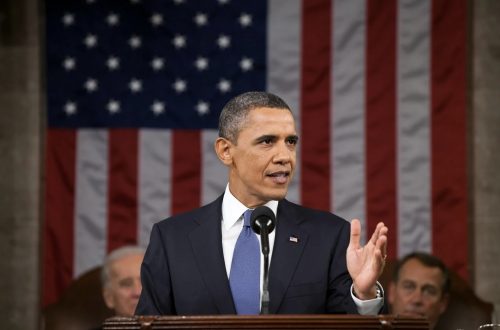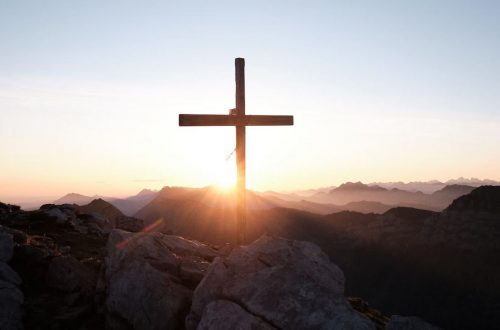Jeffrey Weiss of the Dallas Morning News continues our conversation from yesterday in a piece titled, “Does dying for religion’s sake merit extra attention?” I think that title is not the best way to frame the question. I say this because for some people such martyrdoms will merit extra attention, and for other people they won’t.
I wrote yesterday that Christians have a particular interest in marking the deaths of the church’s martyrs (see “Why Remember the Martyrs?”). But I certainly don’t expect that reporters for secular newspapers will have the same reasons for giving “extra attention” to these deaths that Christians do. Reporters (even religion writers) work from a different metanarrative than Christians, and that metanarrative determines what is newsworthy and what is not. For some of them, the martyrdom of three Christians will appear as nothing more than a drop in the ocean of suffering in the world. From that perspective, their question makes sense: “Why focus on the drop and ignore the ocean?”
For Christians, however, the metanarrative that determines our view of the world is shaped by gospel and Kingdom interests. When viewed from the Kingdom perspective, the deaths of the three martyrs stand out as a decisive moment in the story of the God’s work in the world.
The three martyrs are to the Kindgom-story what U.S. casualties at the Battle of the Bulge were to the World War 2 story. We know that the 19,000 lost at the Battle of the Bulge is an insignificant number compared to the 60 million that died as a result of World War 2. Nevertheless, we mark those deaths because we know that their sacrifice was particularly heroic and particularly significant to the outcome of the war.
And so it is with the deaths of the three martyrs from Turkey. It is only by faith that one can see how their deaths fit into the great cosmic struggle and how God will use their martyrdoms for His great work and glory. But there will come a day when the stories of the martyrs will be made manifest and the significance of their sacrifice will be seen by all.
From that perspective, the story of these martyrs becomes dangerous. It’s dangerous because it raises questions that the secular metanarrative cannot adequately answer. Why did these men die? If they died for their faith, what was that faith? What is the difference between a faith that a man would die for and the faith that a man would murder for? These are dangerous questions to the worldview that treats all belief (or non-belief) systems as equal and that doesn’t acknowledge that the world’s true King has come and will return to set the world to rights.
The martyrs bear witness to the Kingdom story. May we be about the business of doing the same.



